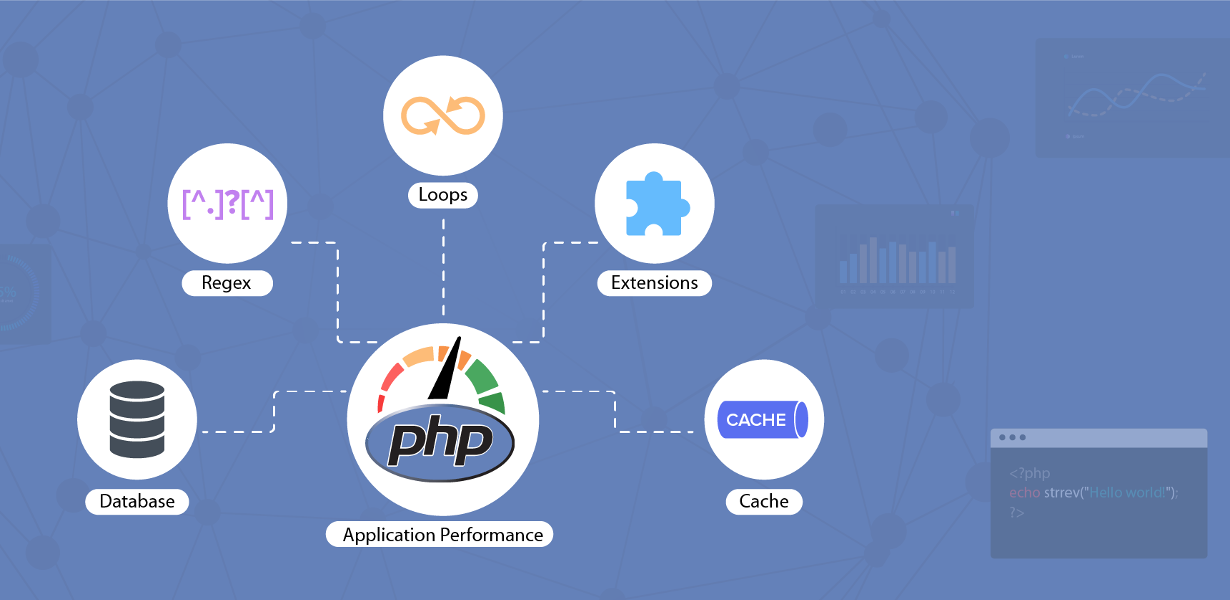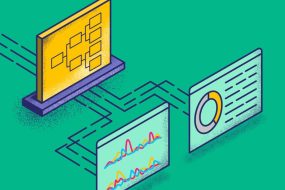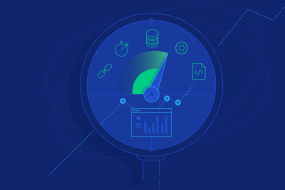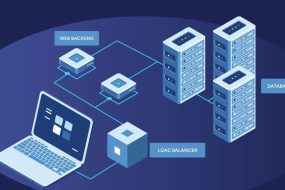
In the ever-evolving landscape of technology, quantum computing stands as a revolutionary force, poised to transform the way we approach performance optimization. This cutting-edge field combines quantum mechanics with computer science, paving the way for breakthroughs that could redefine the limits of what’s possible. In this comprehensive exploration, we delve deep into the realm of quantum computing, uncovering its potential implications for performance optimization.
Quantum Computing Unveiled
In the quest to understand the potential of quantum computing, it’s essential to grasp the fundamental concepts. Unlike classical computers that rely on bits (0s and 1s), quantum computers use qubits, which can exist in multiple states simultaneously. This property, known as superposition, enables quantum computers to process vast amounts of data exponentially faster than their classical counterparts.
The Power of Quantum Supremacy
Quantum supremacy is a significant milestone in quantum computing. It refers to the point at which a quantum computer outperforms classical computers in specific tasks. Google’s quantum computer, Sycamore, achieved this feat by completing a task in 200 seconds that would take the world’s most powerful classical supercomputer 10,000 years. This exemplifies the immense potential for performance optimization.
Quantum Computing in Various Industries
Quantum computing isn’t limited to the confines of research labs. Industries spanning from finance to healthcare are actively exploring its applications.
Finance: Risk Assessment and Portfolio Optimization
In the financial sector, quantum computing offers the potential to revolutionize risk assessment and portfolio optimization. It can swiftly analyze intricate data sets, enabling more informed investment decisions.
Healthcare: Drug Discovery and Genetic Analysis
Quantum computing accelerates drug discovery by simulating molecular interactions with unprecedented accuracy. It also aids genetic analysis, helping researchers comprehend complex DNA sequences more efficiently.
Performance Optimization in Quantum Era
With the foundations of quantum computing in place, it’s essential to examine its impact on performance optimization strategies.
Speed and Efficiency
Quantum computing’s ability to handle complex calculations at previously unimaginable speeds can lead to substantial efficiency gains in various sectors, from logistics to cryptography.
Enhanced Data Security
Quantum computers also pose a unique challenge to data security. Their capability to break classical encryption algorithms necessitates the development of quantum-resistant cryptography to ensure data remains secure.
Machine Learning and Artificial Intelligence
Quantum computing can supercharge machine learning algorithms, allowing for faster and more accurate predictions, ultimately optimizing various processes.
Quantum Computing Challenges
While the prospects are tantalizing, quantum computing isn’t without its challenges.
Technical Hurdles
Building and maintaining quantum computers is a formidable task due to their extreme sensitivity to external factors such as temperature and electromagnetic radiation.
Scalability
Current quantum computers are relatively small and expensive. Scaling up the technology for practical applications remains a significant hurdle.
Final Words
As we navigate the quantum era, the fusion of quantum computing and performance optimization promises to reshape the way we approach problem-solving. Embracing this revolution while tackling its challenges is crucial for staying ahead in a world where speed, precision, and efficiency reign supreme.
Commonly Asked Questions
1. How does quantum computing affect traditional computing?
Quantum computing challenges the supremacy of classical computing by leveraging quantum bits (qubits) for exponentially faster data processing. It can outperform classical computers in certain complex tasks, making it a game-changer in performance optimization.
2. What industries stand to benefit the most from quantum computing?
Industries like finance and healthcare are at the forefront of leveraging quantum computing. It can revolutionize risk assessment, portfolio optimization, drug discovery, and genetic analysis, among other applications.
3. Are there any risks associated with quantum computing?
Yes, quantum computing poses potential risks to data security. Its ability to break classical encryption algorithms calls for the development of quantum-resistant cryptography to safeguard sensitive information.
4. How can quantum computing enhance machine learning and artificial intelligence?
Quantum computing accelerates machine learning algorithms, leading to faster and more accurate predictions. This, in turn, optimizes various processes, making quantum computing a crucial tool for AI advancement.
5. What is the future of quantum computing?
The future of quantum computing is brimming with potential, but it also faces challenges in terms of technical hurdles and scalability. With ongoing research and development, we can expect quantum computing to play an increasingly significant role in the optimization of various industries.
Advertisement







